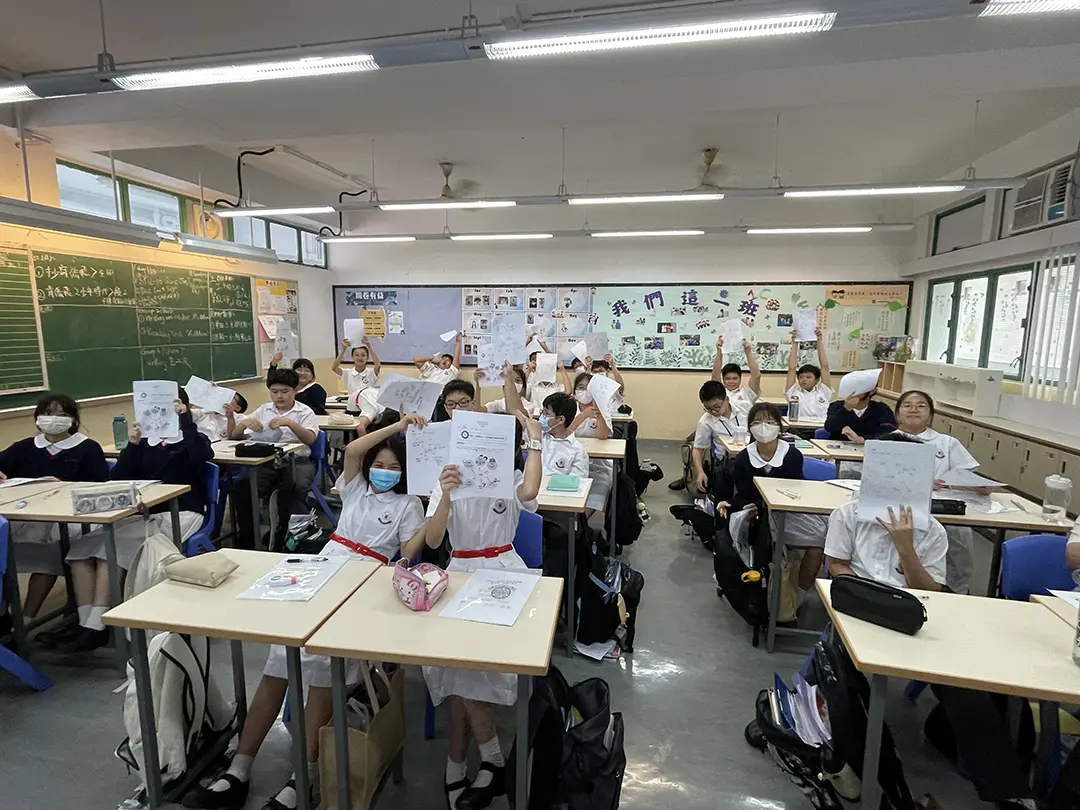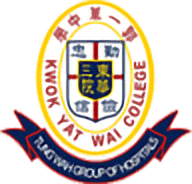Most students in our school have low academic performance and motivation. Traditional assessment makes it hard for students and parents to see the growth and progress, leaving weaker students feeling like failures with no chance to show other strengths. Parents and teachers often focus only on grades, ignoring valuable skills needed for today’s complex world.
To address this, our school offers a weekly class for all Secondary 1 students, which emphasizes on skills development, including the 4C future skills: Communication, Collaboration, Creativity, and Critical Thinking. Through activities like sharing, interviews, group work, and design thinking, students explore real-world problems, create solutions, and build confidence by contributing to their school and community.
The skills-based curriculum in Secondary 1 has boosted students’ engagement and confidence. The Framework helped our students and teachers to track the skill progress and develop it step by step. Classroom activities and a community project allowed students to apply skills meaningfully, increasing their sense of achievement. Peer and self-assessments empowered students to recognize strengths, while teacher feedback highlighted non-academic growth. This program is a kick-start for students, teachers and also parents to focus on skills development, not just on academic achievement, which allows our school to provide more opportunities to those students with outstanding performance regarding skills. In the coming year, our school is planning to expand this approach to more students, embedding essential skills further into the curriculum.

We created a specific skills based curriculum using teaching materials that referenced resources from the Skills Builder Hub and adapted them to scenarios tailored for new secondary 1 students. In class, teachers consistently emphasised the application of the four core essential skills and acknowledged students’ strengths in these skills during various activities, both big and small. For example, during the initial stage of skill-building activities, when students presented their work, teachers would highlight and praise aspects they were able to demonstrate well. Students were also encouraged to peer assess, offering compliments and suggestions related to the four skills.
























